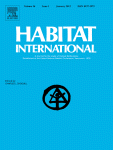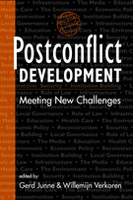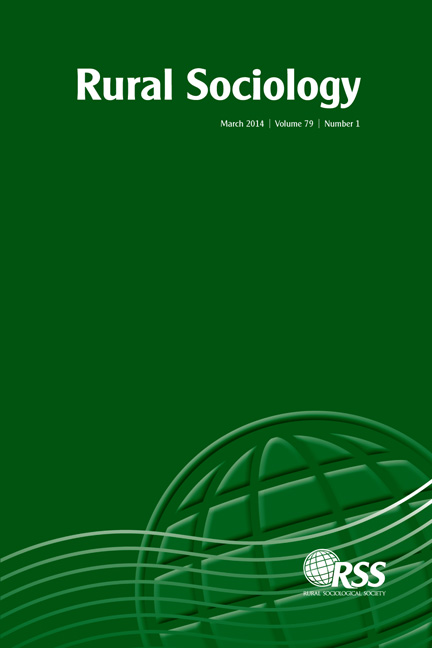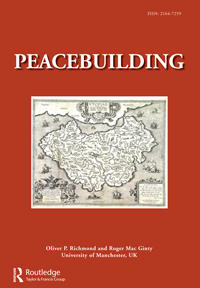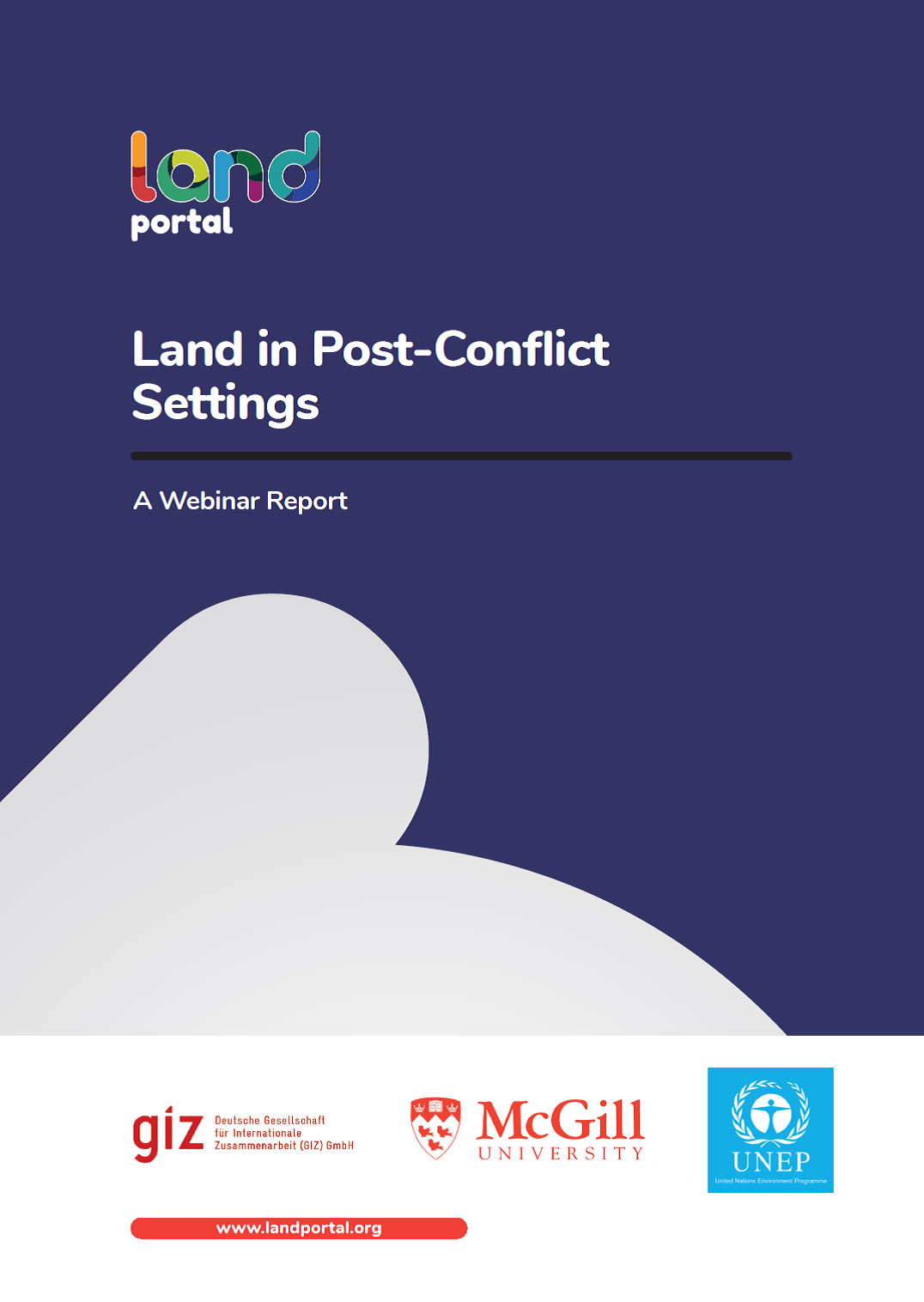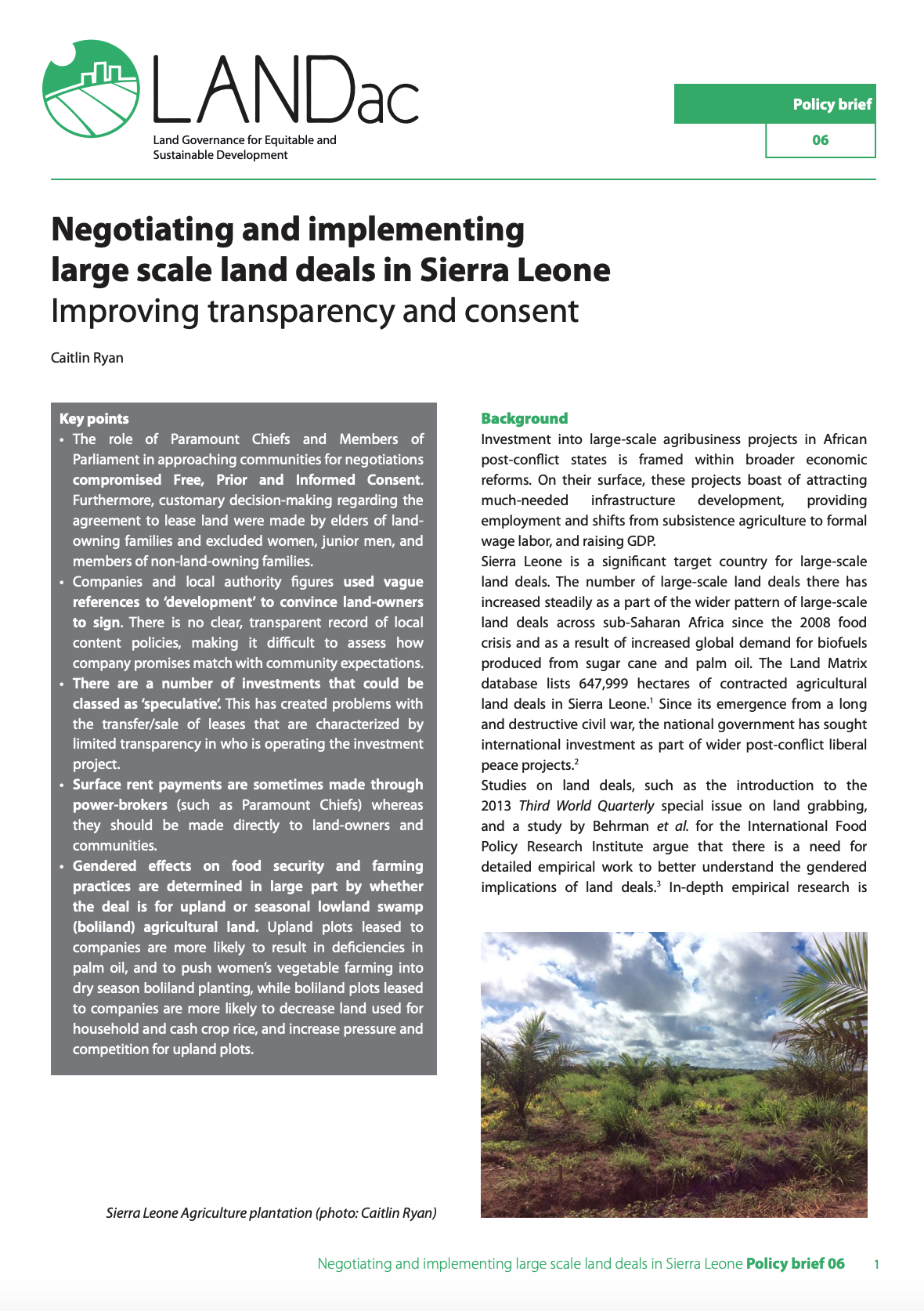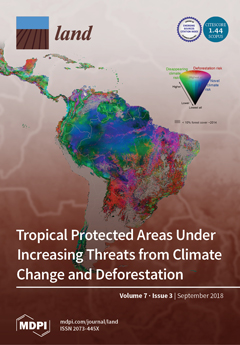Ceasefire capitalism: military–private partnerships, resource concessions and military–state building in the Burma–China borderlands
Since ceasefire agreements were signed between the Burmese military government and ethnic political groups in the Burma–China borderlands in the early 1990s, violent waves of counterinsurgency development have replaced warfare to target politically-suspect, resource-rich, ethnic populated borderlands. The Burmese regime allocates land concessions in ceasefire zones as an explicit postwar military strategy to govern land and populations to produce regulated, legible, militarized territory.


